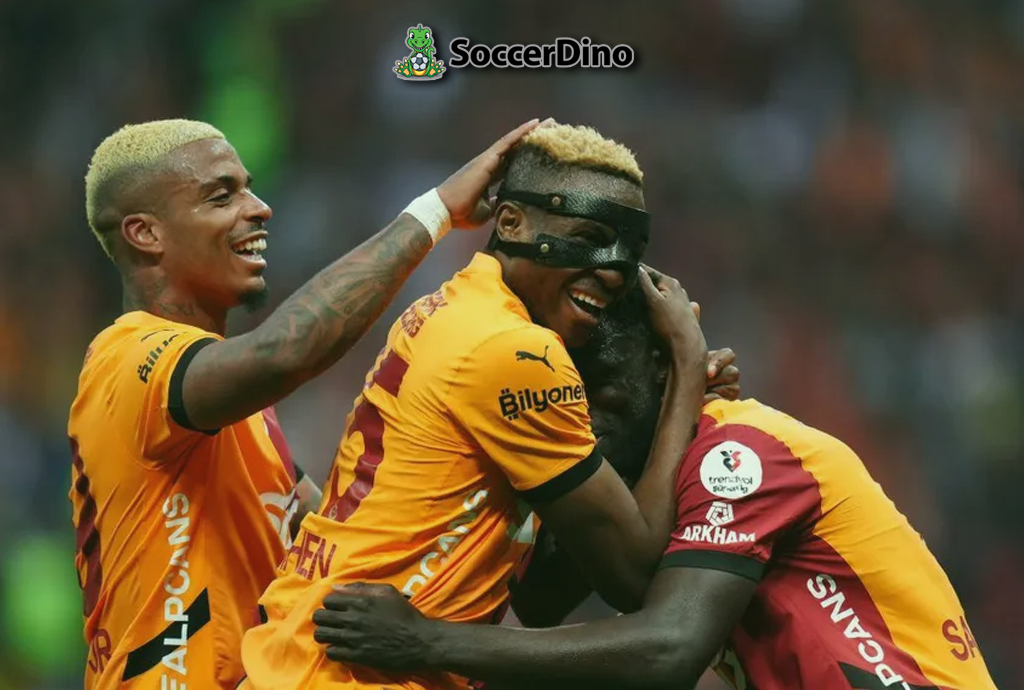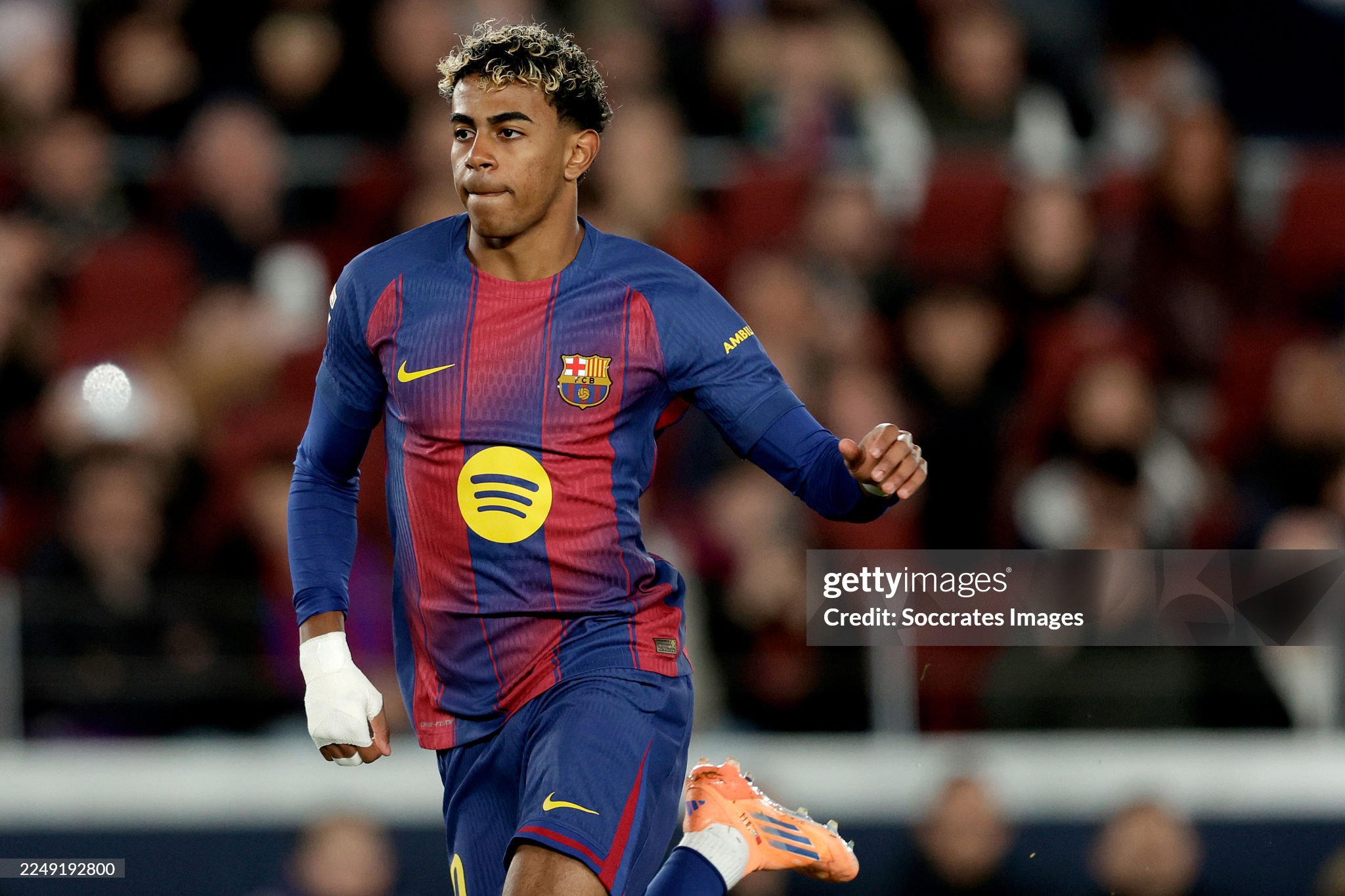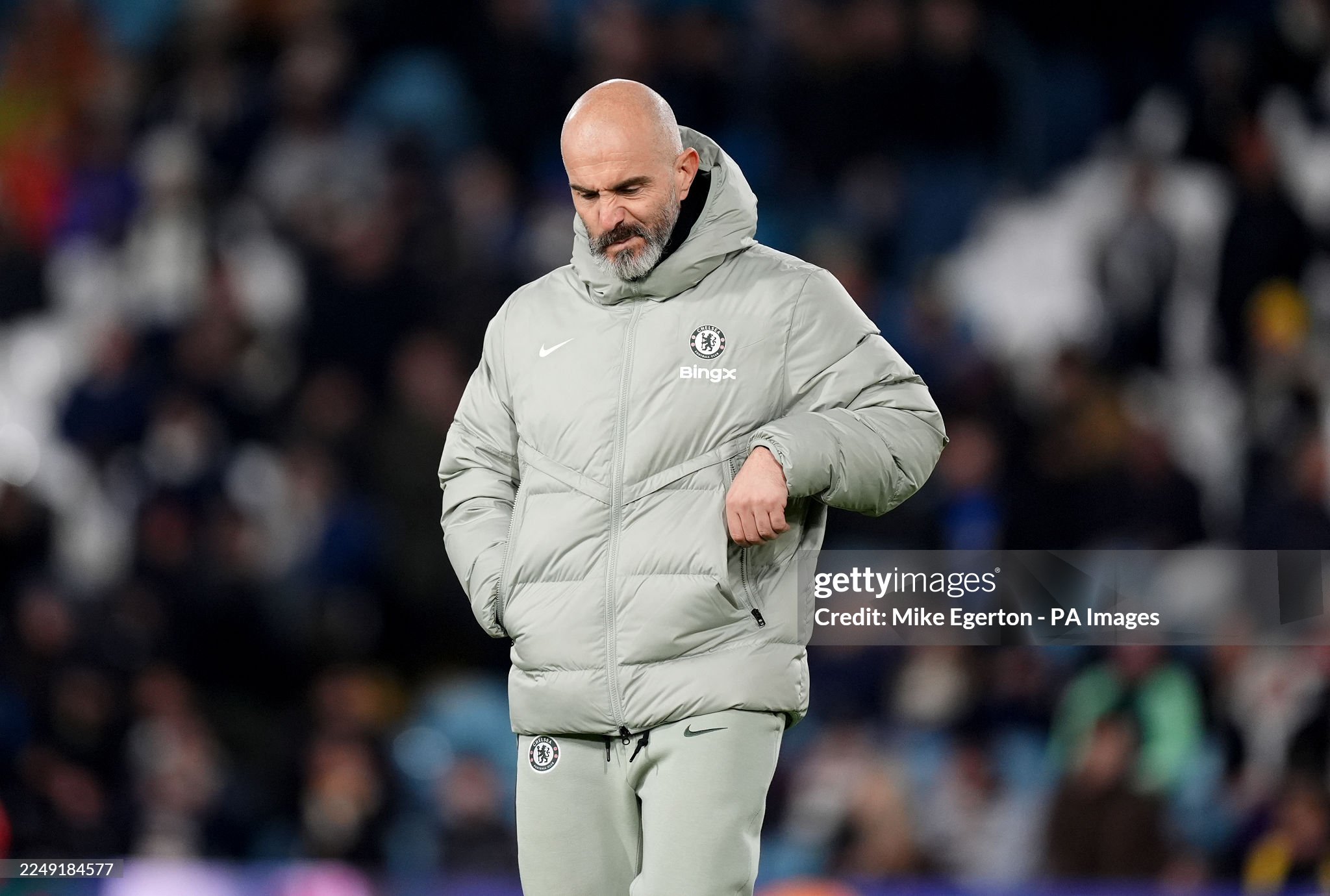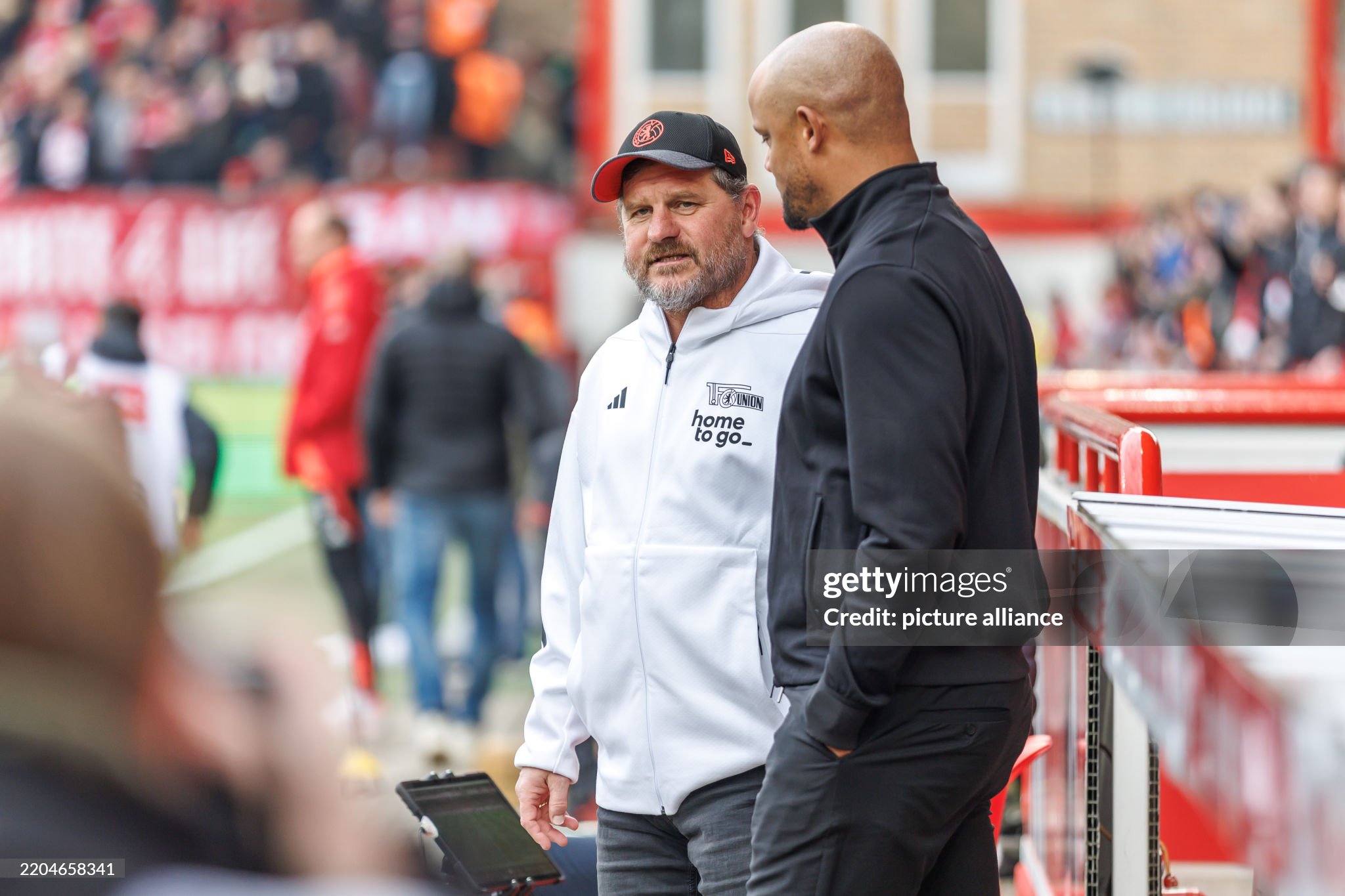LaLiga has issued a report detailing several incidents of verbal abuse and offensive chants during the latest matchday, involving insults directed at coaches, players, referees, and even clubs and national symbols.

LaLiga has once again raised its voice against violent incidents and offensive chanting that marred several fixtures in the latest round of Spanish football.
In a detailed report published this Wednesday, the league highlighted a series of troubling episodes that took place across both the first and second divisions, singling out the behavior of supporters from multiple clubs, including Osasuna, Celta de Vigo, Sevilla, Espanyol, and Alavés.
The document paints a broad picture of a weekend overshadowed by unsportsmanlike conduct and repeated disrespect towards coaches, referees, players, and even national symbols. Among the most notable cases were the insults aimed at Getafe coach José Bordalás during his team’s visit to Osasuna, and at Atlético de Madrid’s Diego Pablo Simeone during Celta’s home match. Even more serious, perhaps, were the chants repeatedly directed at Elche striker Rafa Mir by sections of Alavés fans, where derogatory cries of “Rafa Mir rapist” echoed around the Mendizorroza stadium on five different occasions during the match.
The Osasuna-Getafe encounter stood out not just for verbal abuse but also for deliberate disruptions of the game. LaLiga’s report confirmed seven separate incidents, which included a torrent of insults hurled at both Bordalás and the referee, alongside two episodes in which fans threw large numbers of tennis balls onto the pitch. These interruptions forced stoppages in play and reflected organized attempts to derail the match atmosphere, drawing particular concern from the league’s monitoring teams.
At Balaídos, the tone was equally hostile. Celta supporters repeatedly insulted Simeone, Atlético de Madrid as a club, and even Spain itself in chants registered five times over the course of the game. LaLiga has highlighted these episodes as especially serious, given that they targeted not only individuals but also national identity. For an organization striving to promote respect and diversity in stadiums, such acts present a clear contradiction to the values the competition seeks to uphold.
Nor were incidents limited to the top flight. In the Segunda División, referees came under attack at several grounds. The report points to derogatory chants aimed at officials during Oviedo-Levante, Deportivo-Almería, and Zaragoza-Córdoba. These consistent insults directed at match officials illustrate the broader problem Spanish football continues to face: referees frequently becoming the focal point of frustration, insult, and hostility from the stands.
Meanwhile, in LaLiga’s other flagship clashes, fans of Sevilla were reported for insulting Barcelona during their game at the Ramón Sánchez-Pizjuán, while Espanyol supporters engaged in offensive chants against Real Betis at the RCDE Stadium. These episodes underline that the issue is not confined to certain clubs or regions, but rather spreads across multiple fanbases, reflecting a cultural challenge that Spanish football must urgently address.
To tackle these problems, LaLiga has been leveraging its LALIGAVS platform, an initiative designed to gather reports, suggestions, and even complaints directly from match-going fans. This tool allows the organization to create a centralized record of incidents, contributing to the broader fight against violence and misconduct in Spanish football. By using LALIGAVS, LaLiga hopes to empower responsible fans to play an active role in safeguarding the atmosphere inside stadiums.
However, despite these efforts, the league has been candid about the limits of its current authority. For years, LaLiga has been calling for greater powers to act directly against violent and abusive behavior, arguing that its role should not be confined merely to reporting. The league insists that without expanded competencies, it can only document incidents and pass them to other authorities, such as the Spanish Football Federation or the government’s anti-violence commission, which often slows down disciplinary responses.
The repeated incidents documented this past week demonstrate the urgency of these demands. While LaLiga has been at the forefront in Europe in terms of monitoring fan behavior and promoting campaigns for respect and inclusion, the persistence of offensive chants shows that more systemic measures may be necessary. The balance between freedom of expression in the stands and protecting players, coaches, referees, and institutions from abuse remains a delicate but vital issue.
For now, the report serves as both a warning and a call to action. By publicly naming and recording each incident, LaLiga underscores its determination to shine a light on the darker side of matchday culture. The hope is that consistent documentation will create pressure for stricter sanctions, greater accountability, and ultimately, a safer and more respectful environment for all involved in Spanish football.
What remains to be seen is how swiftly and effectively the relevant authorities respond. With Spanish clubs competing on the European stage and LaLiga branding itself as one of the world’s premier competitions, the league knows that the fight against violence and offensive behavior in stadiums is not only a moral obligation but also a matter of reputation and integrity.







